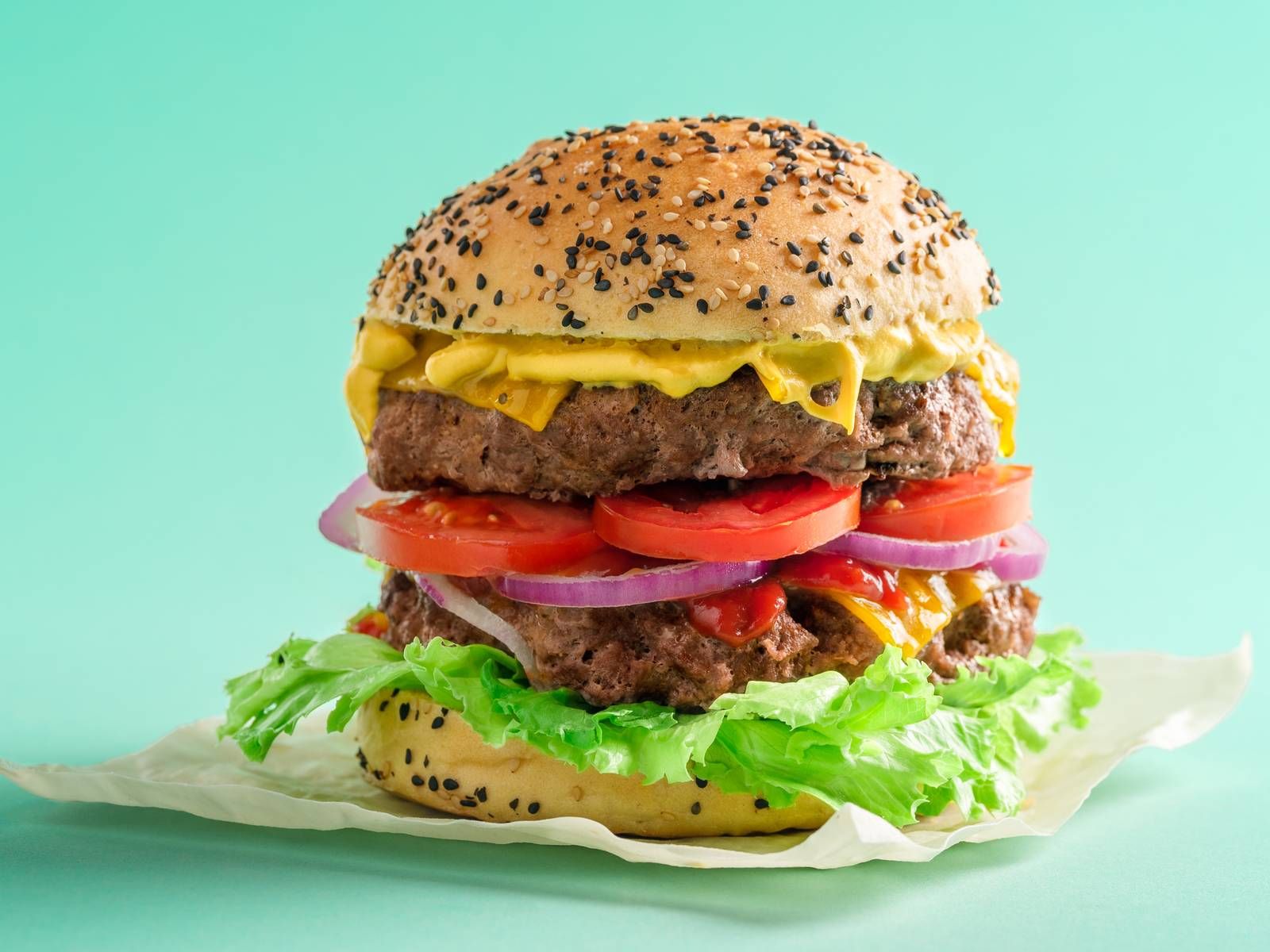in honour of mental health awareness week earlier this month, i’ve been thinking about the connection between nutrition and emotional wellbeing.we know that the role food plays in improving mental health outcomes is complex. but recently there’s been a lot of scientific research on specific foods, vitamins and minerals and their impact on wellbeing. i wanted to take a look at some of the studies that have been released in the last year or so.what i found was a pretty clear theme: anti-inflammatory food components can, potentially, be protective against issues like depression and anxiety. there’s a growing level of interest around neuroinflammation — excessive inflammation within the brain cells — as a potential risk factor for poor mental health. scientists are curious about whether or not so-called “anti-inflammatory” dietary components may be the new frontier in this area of research. here’s what we know so far.
an anti-inflammatory diet could have mental health benefits
a 2021 review and meta-analysis out of the journal
frontiers in nutrition found that people with a diet that scored poorly on the dietary inflammatory index (dii) were more likely to experience symptoms of depression and anxiety.food groups such as vegetables, pulses (lentils, chickpeas), fish and fruits are among the most potent anti-inflammatory foods based on this index.
certain nutrients may be extra important for mental health
another article in the same journal indicated than an extra emphasis on certain anti-inflammatory nutrients including epa & dha and alpha-tocopherol could reduce neuroinflammation, which could help improve mental health.epa and dha are part of the family of omega-3 fatty acids found in rich supply in fish such as salmon and trout as well as seafood such as clams and oysters. people who don’t eat fish can take a wide variety of supplements, including vegan-friendly algae-based products to get these essential nutrients.alpha-tocopherol (vitamin e) is a potent antioxidant which is found in rich supply in fish and seafood, nuts, seeds, avocado and vegetable oils like olive oil. it’s also found in leafy green veggies such as spinach, swiss chard and broccoli. leafy greens such as those mentioned are also high in two other relevant mental-health nutrients mentioned in the study above, folic acid and magnesium.the other food group high in both these nutrients? again, pulses: lentils, kidney beans, black beans, and so on.
curcumin may have a role to play
when we’re looking at supplements, curcumin is among the most well-studied and popular compounds with a strong anti-inflammatory potential. it’s also currently one of the
top 15 most popular supplements on amazon.curcumin is the primary bioactive compound found in turmeric, which is often isolated in sold in supplemental form to make the most of its potent anti-inflammatory effects.a 2020 paper in
frontiers in psychiatry suggests curcumin can improve mental health outcomes. but the overall quality and volume of studies looking at curcumin for helping with the symptoms of anxiety and depression was not as strong as it needs to be to make strong claims about its utility. we do know from
this 2017 paper that it’s safe and potentially effective — let’s hope we get more research on the topic.
mental health is complex
it’s important to remember that the complexities associated with anxiety and depression scale far beyond your diet. while there is evidence of the complementary role dietary changes have to play in the management of these challenging conditions, i want to be clear that nutrition is only one of a wide number of considerations when it comes to supporting good mental health.
 3 minute read
3 minute read









